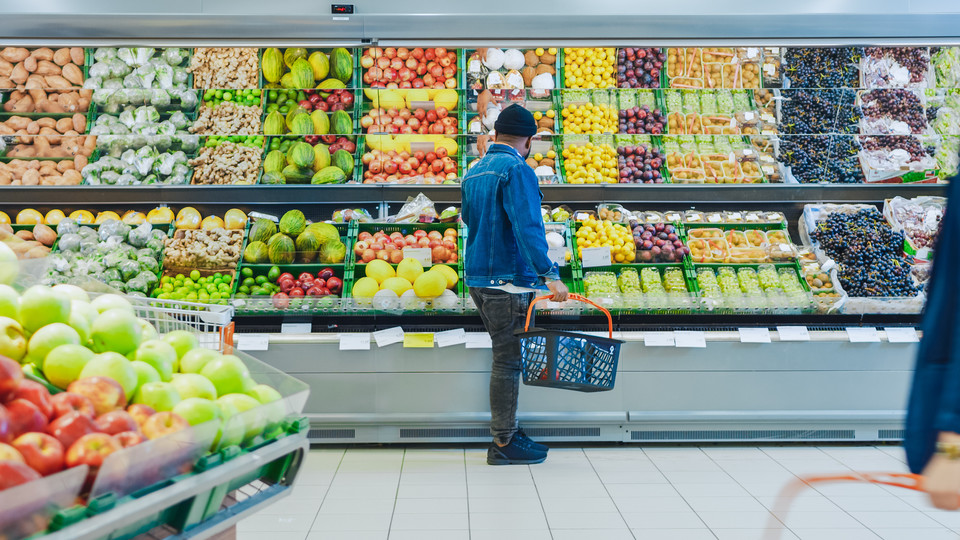
Action Items
How Buying Broccoli and Beans Could Help You Get a Loan

Millions of people in the U.S. struggle to get loans because they lack a traditional credit score. But new research by assistant professor of marketing Jung Youn Lee, along with colleagues at Notre Dame and Northwestern, has uncovered an unexpected tool that could change the game: grocery shopping data.
1. Using grocery data to assess creditworthiness
- Lenders can look at what groceries consumers purchase to predict their likelihood of paying back loans. Healthy food items like fresh milk, yogurt, fruits and vegetables correlate with timely bill payments.
- Shoppers who buy cigarettes, energy drinks and canned meat are more likely to miss payments.
2. Looking for consistent shopping behavior
- People who pay their credit card bills on time tend to shop on the same day of the week. They also spend similar amounts monthly and stick to the same brands and products.
3. Boosting credit approval rates
- Lenders can improve risk assessment by incorporating grocery data into their decision-making process. This approach can increase the accuracy of credit risk predictions and boost profits.
- In simulations, a two-stage decision-making process — first, using standard data and second, using grocery data — resulted in a profit increase of 1.46% per approved applicant without a credit score.
4. Treating grocery data as a tool for economic mobility
- This method could help people who are “credit invisible” gain access to loans, improving their economic opportunities.
- Lenders benefit by expanding their customer base and approving more creditworthy applicants, enhancing profitability.
5. Prioritizing privacy
- Consumers should have the option to opt in for lenders to use their grocery data for credit decisions, ensuring transparency and control over personal information.
Why it matters: This innovative approach to determining creditworthiness offers a win-win scenario: It helps consumers who lack traditional credit data get loans and enables lenders to identify and approve more reliable borrowers. As more research and practical applications emerge, grocery purchasing data could become a valuable tool in financial decision-making.
Rice Business Wisdom
Grocery purchasing data can accurately predict how likely people without a traditional credit score are to default on a loan.



